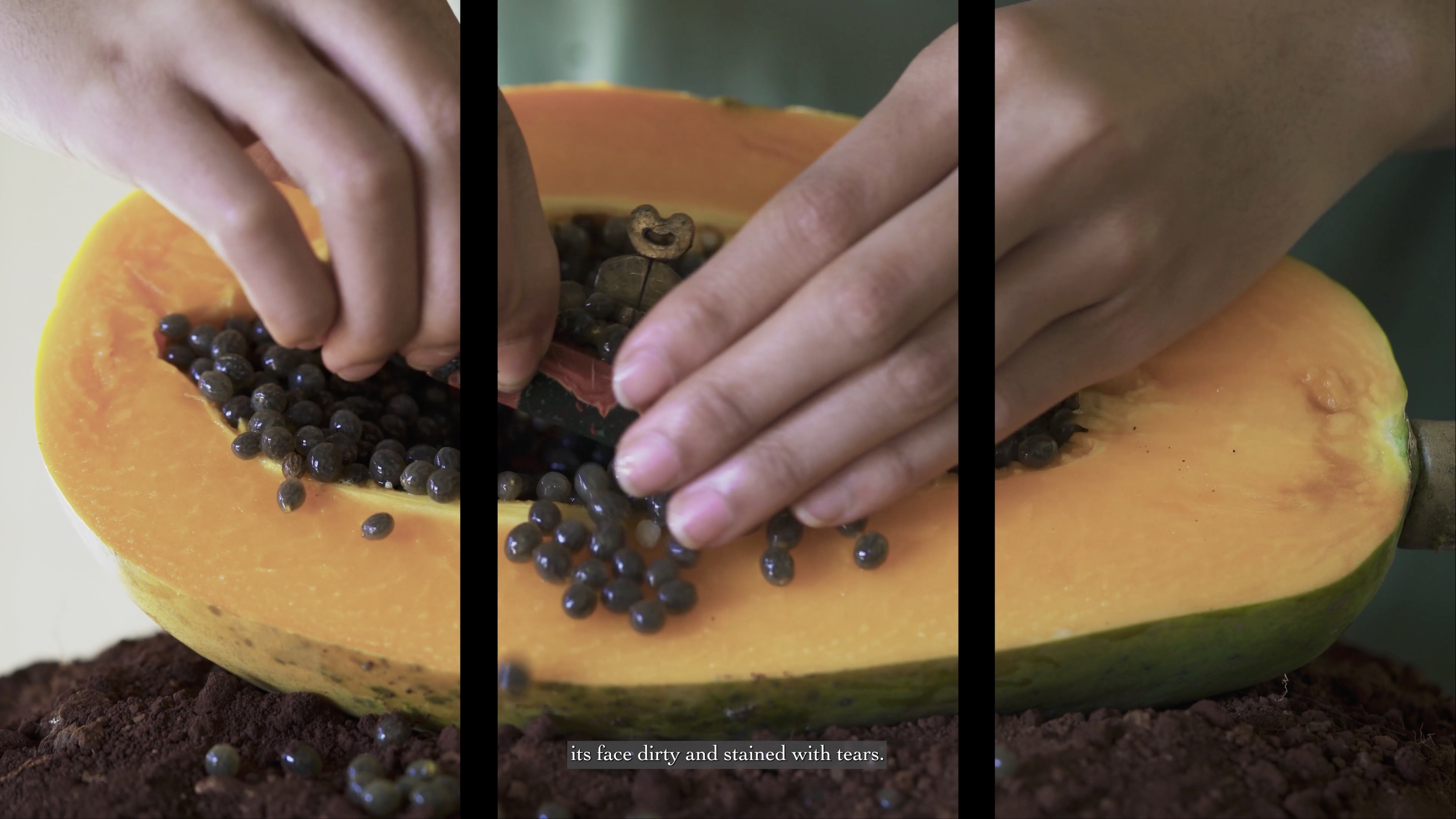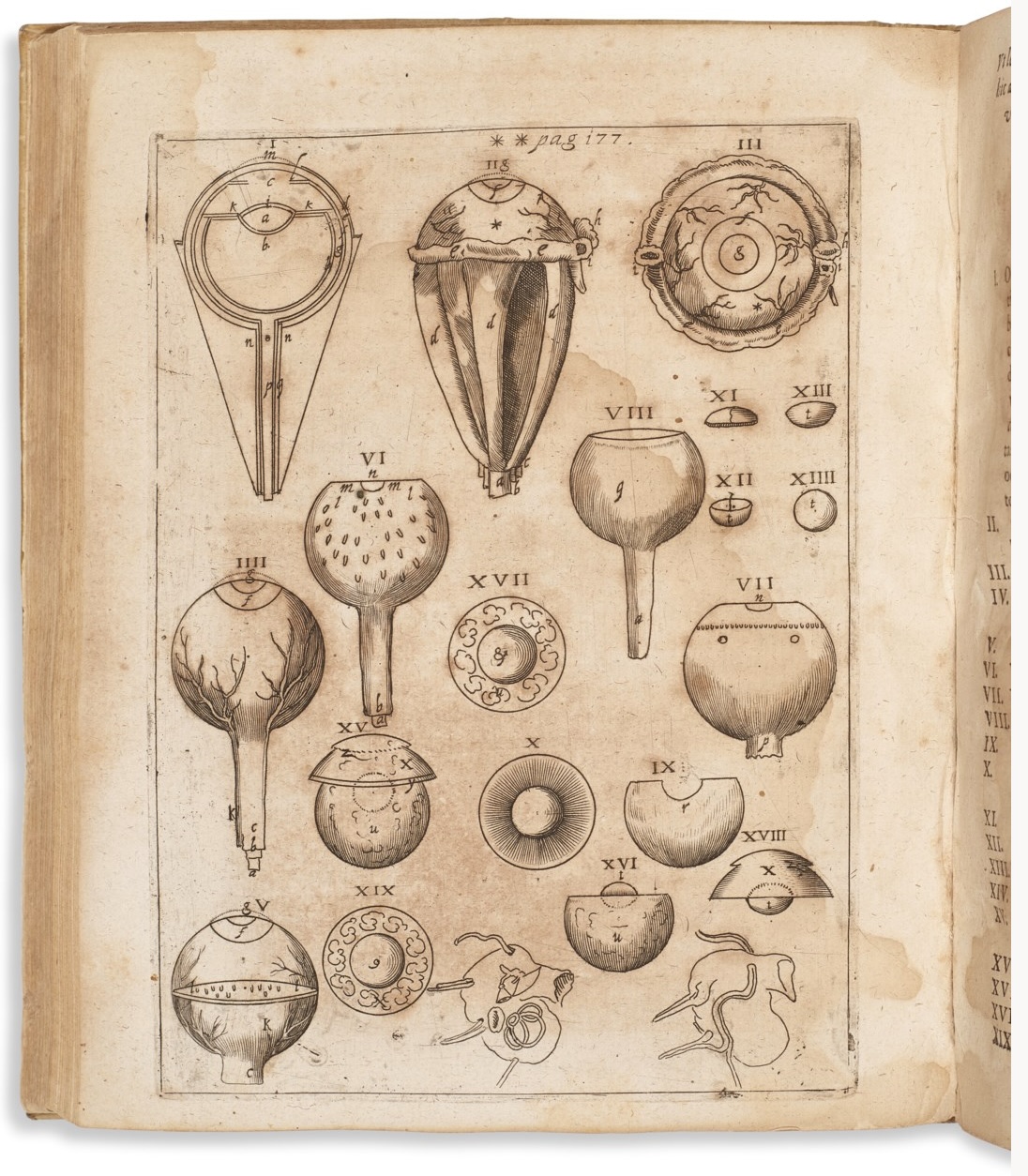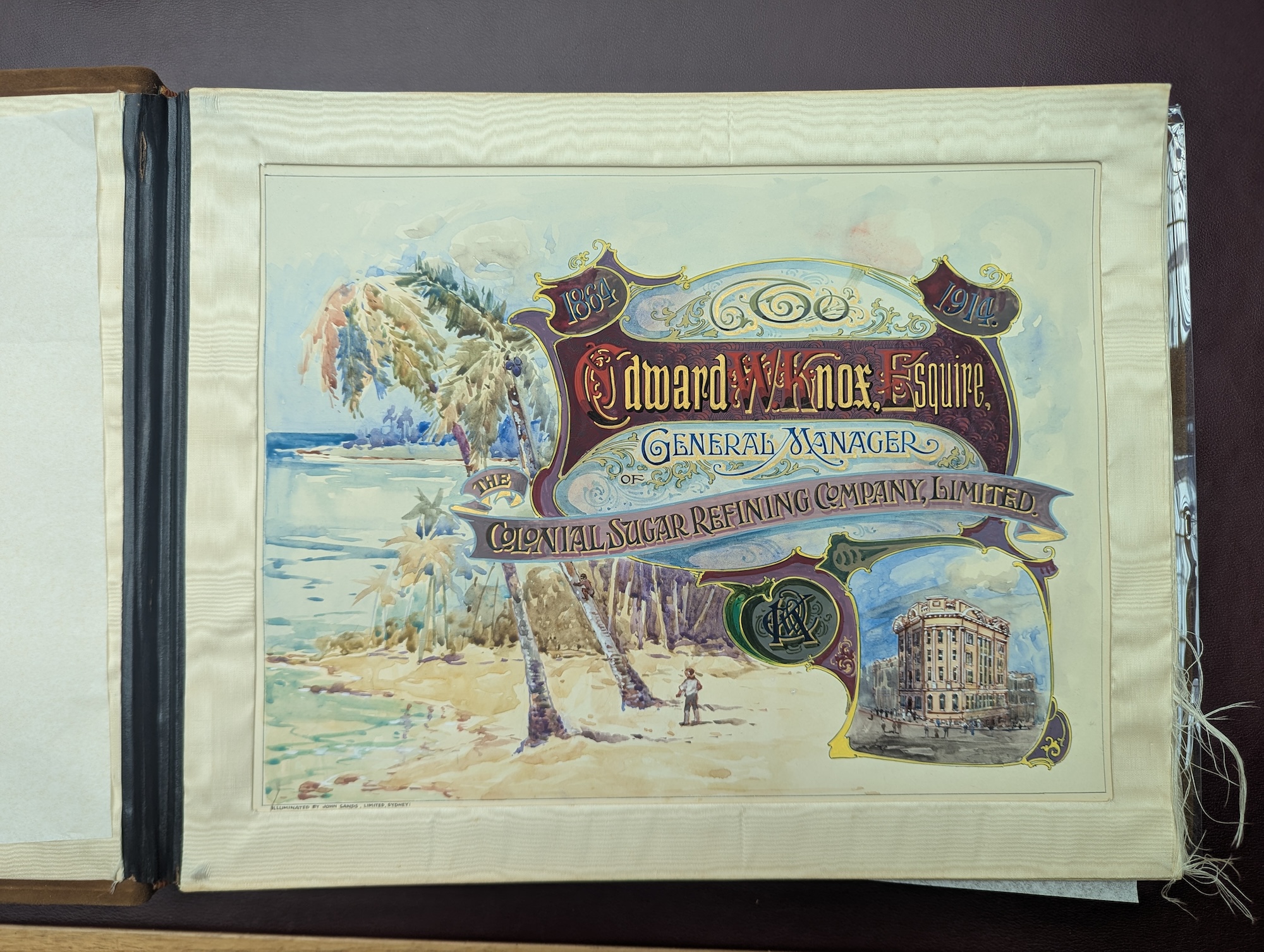Tania Bruguera’s Permanent Revolution
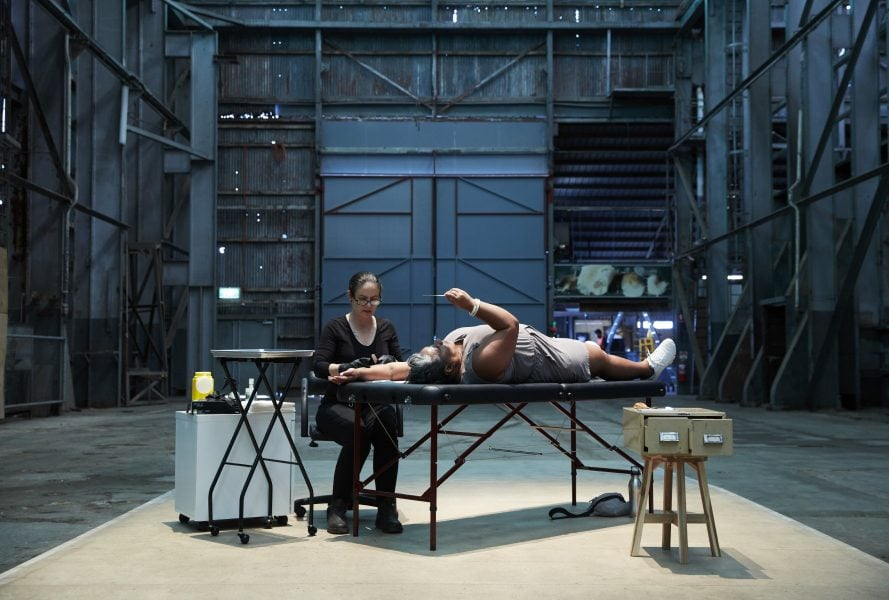
A presentation on the influential and politically complex work of contemporary Cuban artist Tania Bruguera.
Tania Bruguera, UNNAMED, 2020. Installation view for the 22nd Biennale of Sydney (2020), Cockatoo Island. Originally commissioned by Monash University Museum of Art | MUMA for presentation at the 22nd Biennale of Sydney. Courtesy the artist and Milani Gallery, Brisbane. Photograph: Zan Wimberley.
My project centres on the life and work of the Cuban artist, Tania Bruguera (born 1968).
Put simply, my argument is that Bruguera’s practice is one of communism. Through her practice, she continues the legacies of those communist artists before her, engaging with historiography to rectify futures that cycle through histories past. This thesis positions Bruguera as a conduit for a communist conception of revolution—one that exceeds the Cuban nation-state and persists transnationally within the global circuit of contemporary art.
To evidence my argument, I draw upon Bruguera’s extensive body of writing—an underutilised source in pre-existing scholarship—to inform methodological aspects of this thesis, as well as conduct interviews with a range of curators, artists and theorists who have worked with Bruguera. Moreover, this scholarship draws from a transnational perspective and is informed by the construction of rumour and dialectics as both a political and a historiographical strategy.
Part of the Art History Seminar Series, convened by Mary Roberts, and presented by the discipline of art history at the University of Sydney, with support from the Power Institute.
Join via Zoom
People
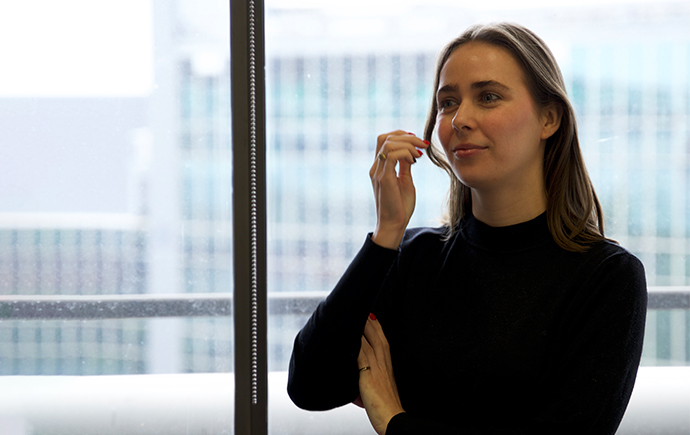
Hilary Thurlow
Hilary Thurlow is a PhD candidate in Art History & Theory at Monash University, Naarm/Melbourne where her research focusses on the life and work of Cuban artist, Tania Bruguera. She is the Managing Editor of Memo Magazine and has contributed to Frieze, ArtAsiaPacific, and Art News Aotearoa. In 2023–2024, she was a Fulbright Scholar at the University of Chicago.

